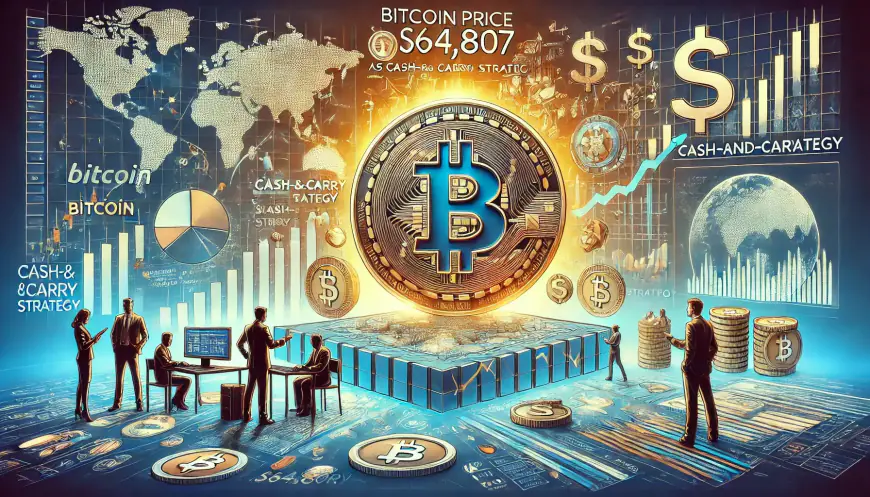Bitcoin Network Struggles with Over 200,000 Backlogged Transactions
Despite a drop in transaction fees in the past week, Bitcoin still suffers from a high number of unconfirmed transactions, stretching back to October 2023 and limiting the network’s impact. The backlog showcases the need for the Bitcoin community to develop scaling solutions while also throwing into question whether BTC can keep up with growing [...]


- Despite a drop in transaction fees in the past week, Bitcoin still suffers from a high number of unconfirmed transactions, stretching back to October 2023 and limiting the network’s impact.
- The backlog showcases the need for the Bitcoin community to develop scaling solutions while also throwing into question whether BTC can keep up with growing demand.
As Bitcoin adoption has increased in recent years, the top network has been unable to keep up with the demand, resulting in a growing number of unconfirmed transactions. Data from block explorers shows that BTC now has over 200,000 backlogged transactions.
An unconfirmed transaction is any transaction submitted to any blockchain network that is yet to be included in any block to be validated. In Bitcoin, these transactions are held in the memory pool (mempool) until a time when a miner picks them and chooses to validate them. The transactions’ initiators can speed them up by paying higher fees to incentivize miners.
Backlogged transactions affect other networks as well. For instance, Ethereum has over 156,000 pending transactions at press time, according to Etherscan. However, with Bitcoin, the challenge is much more significant.
Bitcoin’s Backlogged Transactions Challenge
Bitcoin’s unconfirmed transactions always spike when the transaction fees shoot up, which, in turn, mirrors a rise in the token’s price. A case in point is the most recent bull rally; starting in September last year, the BTC price embarked on a rally, and with it, the number of unconfirmed transactions.
Naturally, as the transaction fees dip, so should the backlogged transactions. However, they haven’t.
Since the second week of June, the transaction fees have stayed below $7, a drastic dip after hitting a five-year high above $100 in April. In the past week, they have ranged between $2 and $3.
However, the backlogged transactions, which stretch back to October last year, have failed to drop. The network has over 200,000 unconfirmed transactions.
Granted, the initiators of these transactions can have them confirmed for a few more dollars. But it still throws into question whether Bitcoin is ready to handle global demand. If Visa had such a high number of transactions that have yet to go through for months, global payments would be at a standstill and several businesses would be looking at possible shutdowns. SWIFT, which is slow, expensive and outdated, also performs way better than Bitcoin on this metric.
If Bitcoin is meant to compete with these existing legacy solutions, then it has to do better.
One of the Bitcoin community’s defenses has been that the token is an asset and a hedge against inflation, not a currency. And for an asset, speed, and efficiency don’t rank highly in the qualities people seek. But this goes against Satoshi Nakamoto’s whitepaper, which presented Bitcoin as a “purely peer-to-peer version of electronic cash.”
Meanwhile, BTC trades at $61,388, dipping slightly over the past day as it braces for the weekend. In the past month, it has lost 10% of its value as it struggles with the cyclical post-halving headwinds.
What's Your Reaction?









































































































